RESOURCE LIBRARY
In the SPHARC resource library, you can find different resources related to autism spectrum disorders and other developmental disabilities (ASD/DD) created by SPHARC staff and partners to inform your public health practice and support you in serving children and youth with ASD/DD and families. Finding what you need is easy; enter search terms to filter by keyword or use the categories below to search for specific types of resources. You can also search AMCHP’s MCH Innovations Database for practices and policies related to ASD/DD here.

Systems Coordination for the Early Identification of Autism Spectrum Disorder and other Developmental Disabilities: Seven Years of Lessons Learned
2018 CityMatCH Conference Presentation.

State Systems for Parent-Engaged Developmental Monitoring: A Review of Eight Years of State System-Level Grantee Work (CityMatCH presentation)
2019 American Public Health Association (APHA) conference presentation.
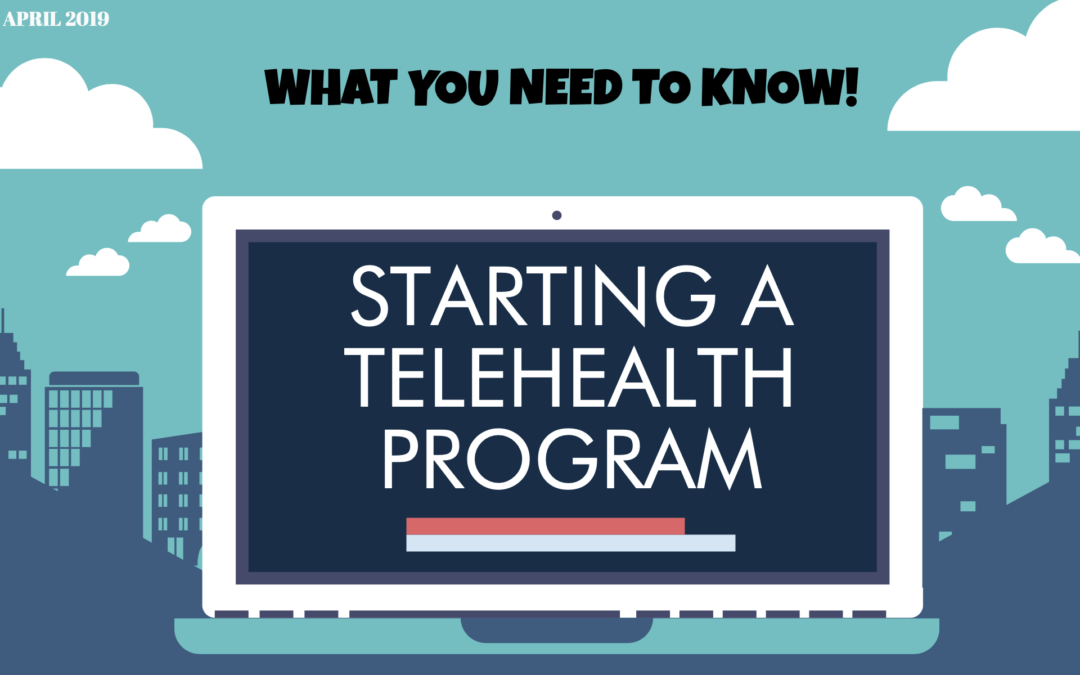
Tip sheet: How to Start a Telehealth Program
Thinking about starting a telehealth program? This resource will help guide important questions to consider, highlight example solutions, and other important need to know details.
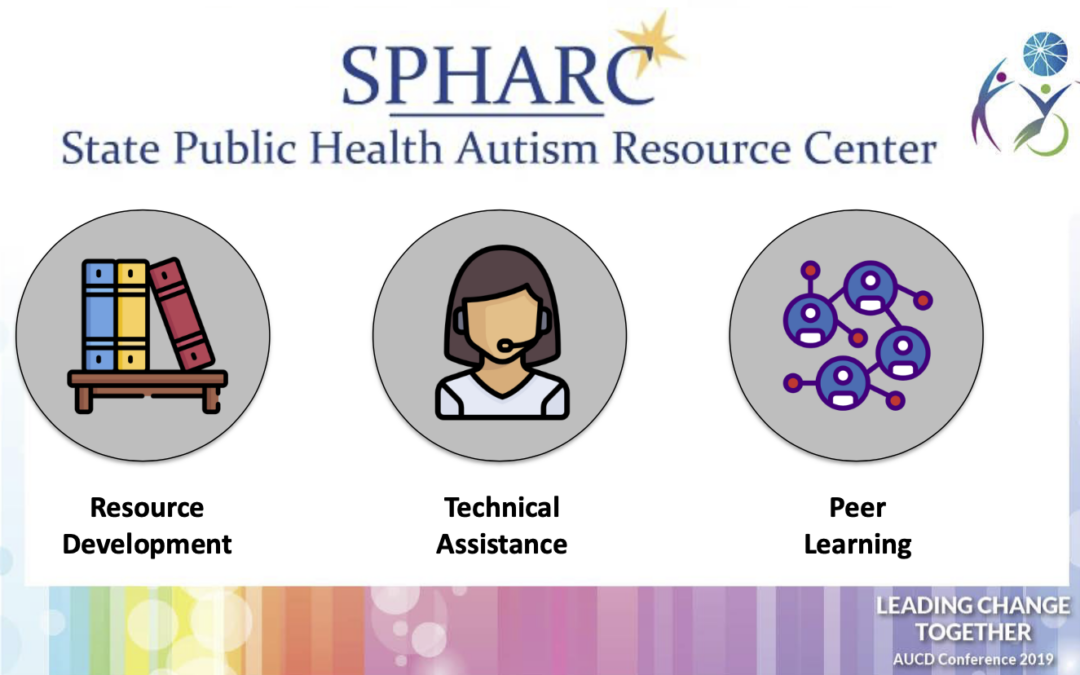
Exploring the Role of UCEDDs as Partners in Localized Community Equity Initiatives (AUCD presentation)
2019 Association of University Centers on Disabilities (AUCD) Conference presentation.
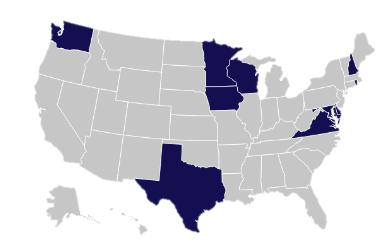
Creating Connections through Telehealth: Linking Children and Their Families, Self-Advocates, and Providers. Lessons Learned from the 2018 SPHARC Peer-to-Peer Exchange (AUCD presentation)
This resource highlights lessons learned about the growing need for telehealth services from the 2018 SPHARC Peer-to-Peer Exchange.

Learn the Signs. Act Early. AMCHP’s State Systems Grant: Eight Years (2011-2019) in Review
This resource highlights key strategies used by states to increase developmental screening and improve approaches to meeting the service and systems-level needs for children and their families.
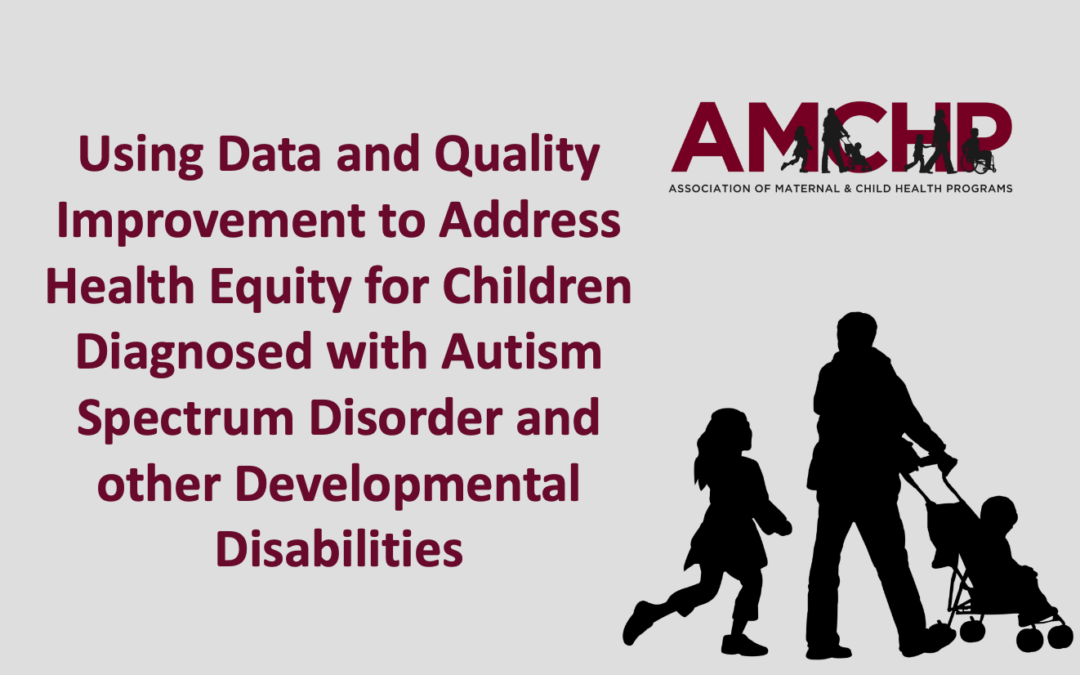
Using Data and Quality Improvement to Address Health Equity for Children with Autism Spectrum Disorder and other Developmental Disabilities (CityMatCH presentation)
2019 CityMatCH conference Presentation.

Family Navigation implementation strategies in Title V and community-based programs
The content in this issue brief was compiled from an environmental scan AMCHP conducted of Title V family navigation activities. The results revealed that 39 U.S. states and jurisdictions are using family navigation strategies to address priority needs related to serving CYSHCN and their families. AMCHP also conducted case studies with states to highlight how family navigation has improved care for children with ASD/DD. In these case studies, the reader will learn additional details of different state and jurisdiction implementation strategies such as access to care through referrals, timely diagnosis and feedback, and entry into high-quality, coordinated care across systems for children with ASD and other DD.
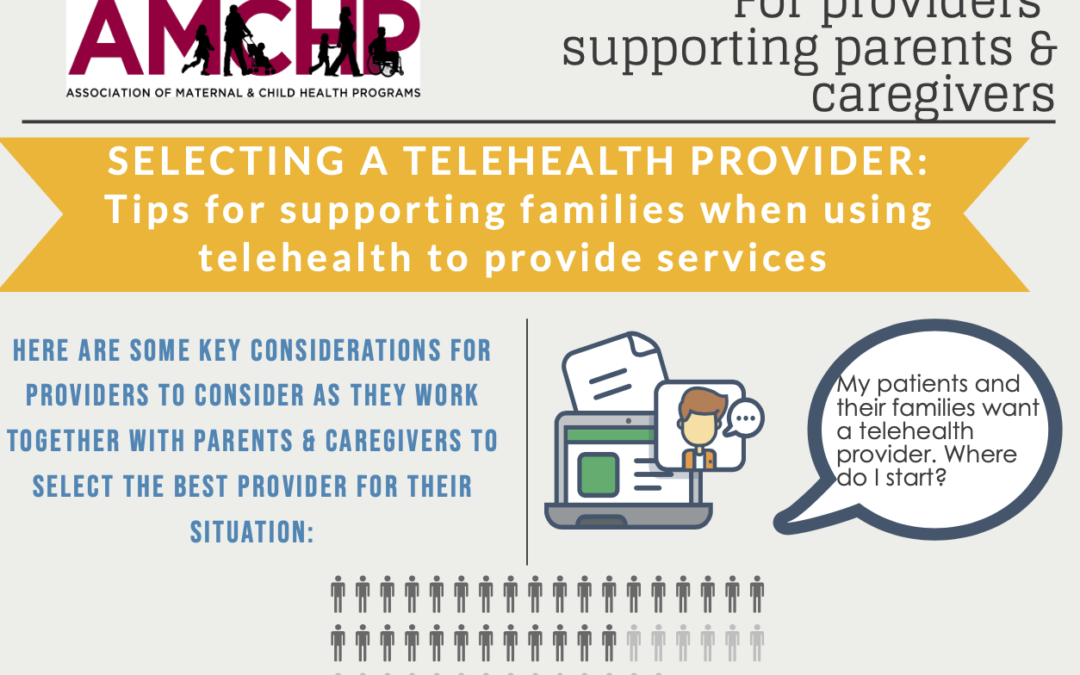
Tip sheet: Selecting a Telehealth Provider
This fact sheet highlights guidelines, examples, and key considerations for providers to consider as they work together with parents & caregivers to select the best telehealth provider for their situation.
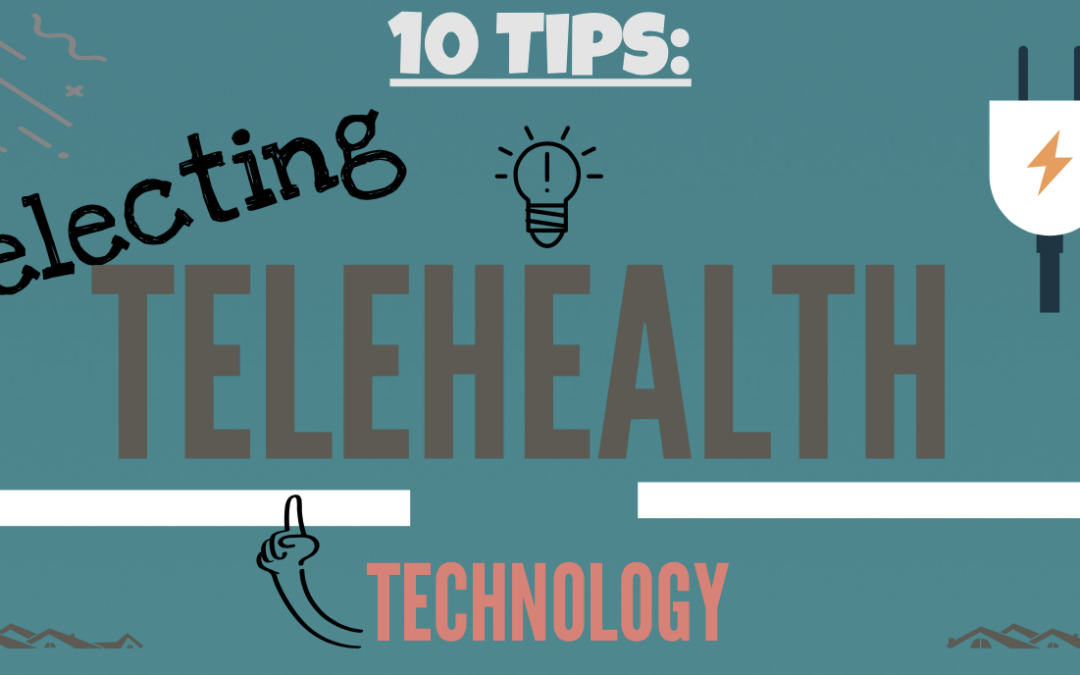
Tip sheet: Selecting Telehealth Technology
This fact sheet provides 10 tips to consider when attempting to acquire the most appropriate, up to date telehealth technologies.
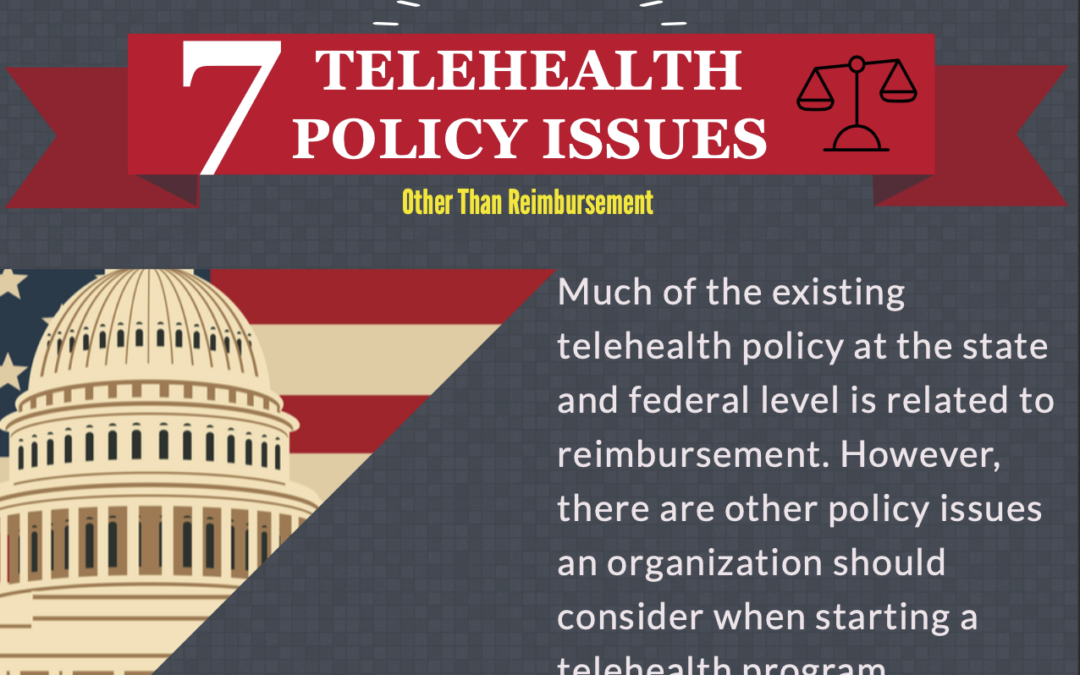
Tip sheet: Telehealth Policy Issues
The process to developing telehealth program can be complex. Make sure to remember these 7 federal and state telehealth policy issues that go beyond reimbursement.

Considering Culture in Autism Screening: Massachusetts Act Early
This document was designed to strengthen provider knowledge and confidence when working with families from diverse backgrounds, and to increase the likelihood that all children in Massachusetts, regardless of cultural or linguistic barriers, will gain access to high-quality, routine autism screening.
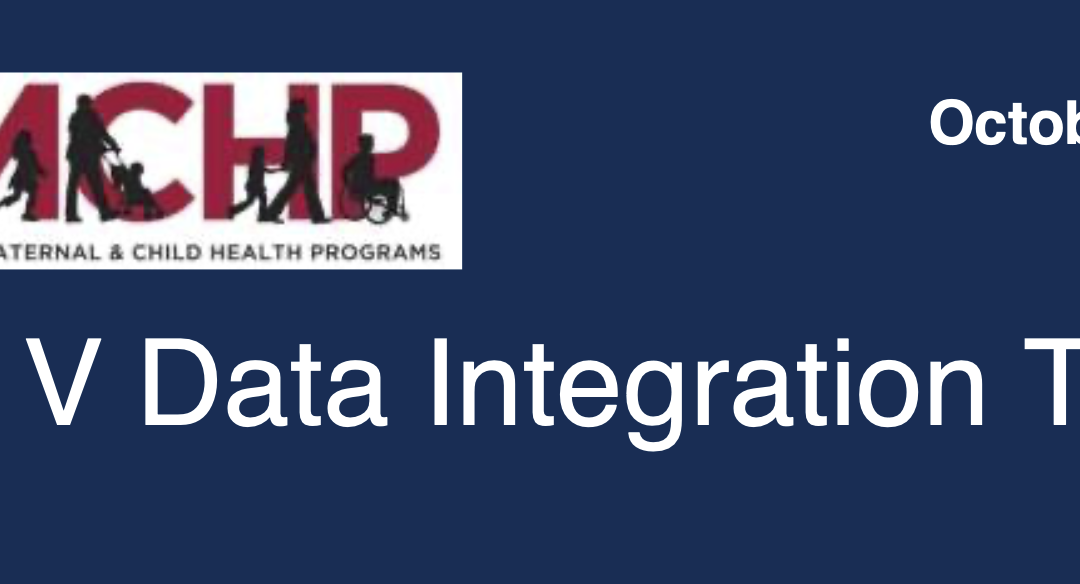
Title V Data Integration Introduction
The purpose of this toolkit is to assist states as they integrate Title V data into Early Childhood Integrated Data Systems (ECIDS). The best practices for data integration presented here will help Title V programs discuss early childhood data integration in their states, counties, urban areas, tribal regions, or other population-based areas to identify needs and tailor programs aimed at improving maternal, child, and infant health.

2016 Peer-to-Peer Exchange Agenda
Agenda from the 2016 Peer-to-Peer Exchange.

Title V Data Integration State Example: Rhode Island
Examples of states that have integrated or are effectively sharing public health data leading to valuable insight into the experiences of children and their families.
